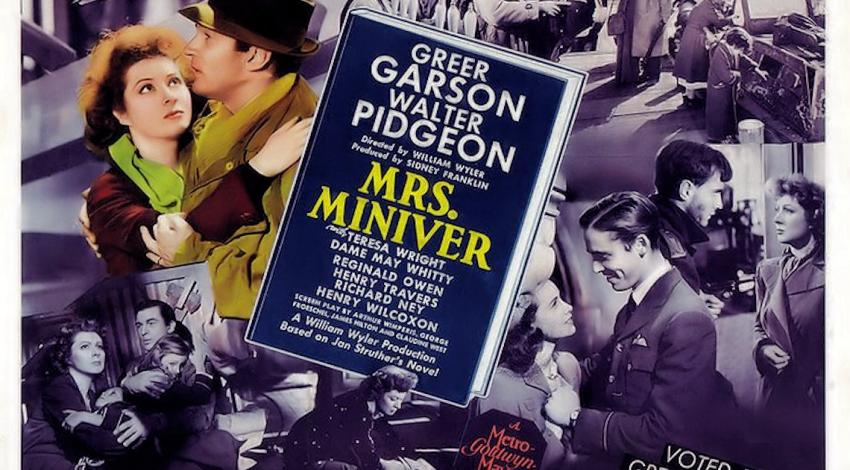Peter Bogdanovich interviews Alfred Hitchcock, 1963
You never watch your films with an audience. Don't you miss hearing them scream?
quote-leftNo. I can hear them when I'm making the picture.
Do you feel that the American film remains the most vital cinema?
quote-leftWorldwide, yes. Because when we make films for the United States, we are automatically making them for all the world--because America is full of foreigners. It's a melting pot. Which brings us to another point. I don't know what they mean when they talk about "Hollywood" pictures. I say, "Where are they conceived?" Look at this room--you can't see out the windows. We might just as well be in a hotel room in London, or anywhere you like. So here is where we get it down on paper. Now where do we go? We go on location, perhaps; and then where do we work? We're inside on a stage, the big doors are closed, and we're down in a coal mine: we don't know what the weather is like outside. Again we don't know where we are--only within our film, within the thing we're making. That's why it's such nonsense to talk about locale. "Hollywood." That doesn't mean anything to me. If you say, "Why do you like working in Hollywood?" I would say, because I can get home at six o'clock for dinner.
- Read more about Peter Bogdanovich interviews Alfred Hitchcock, 1963
- Log in or register to post comments


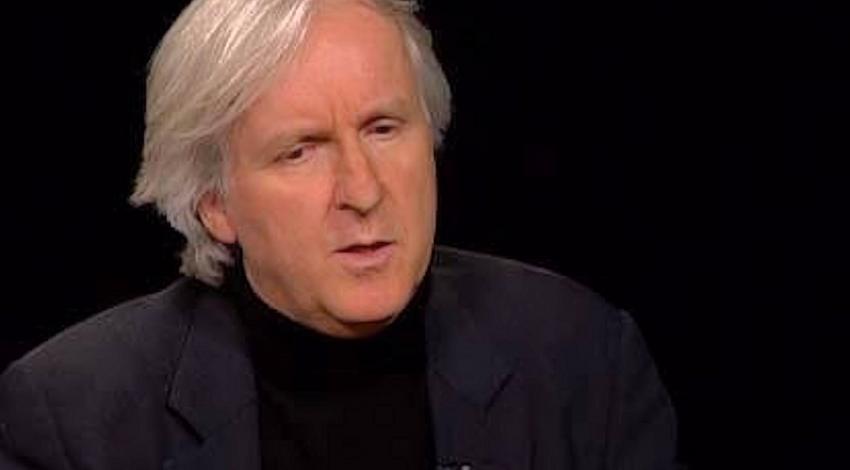



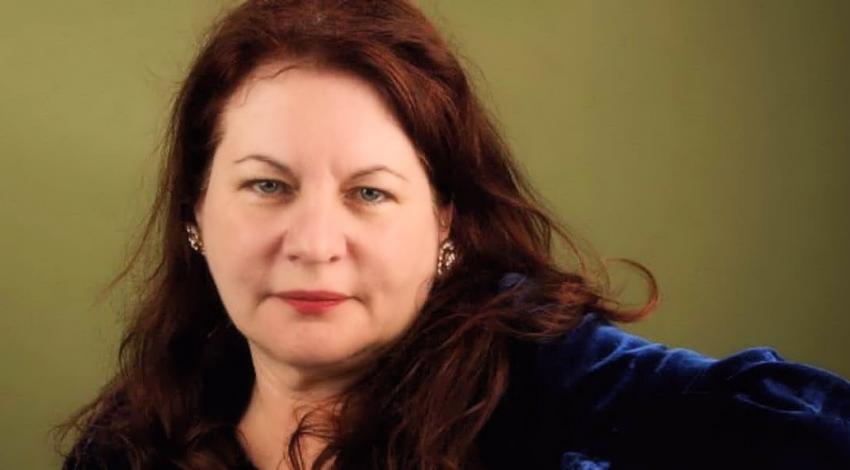


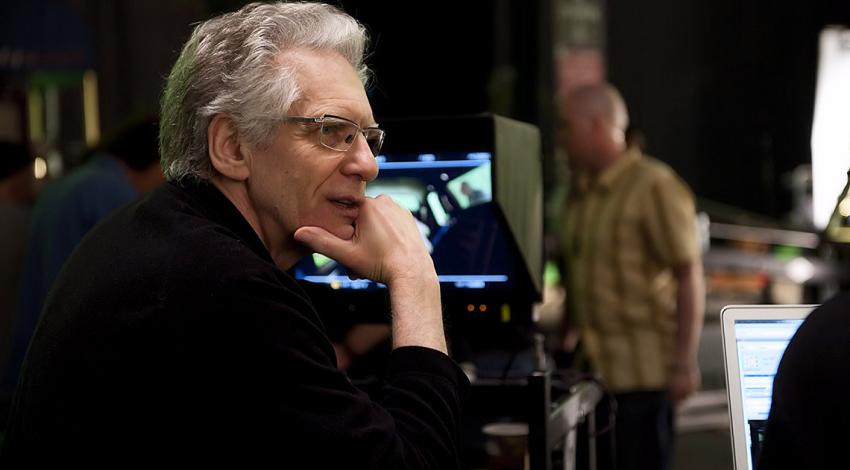


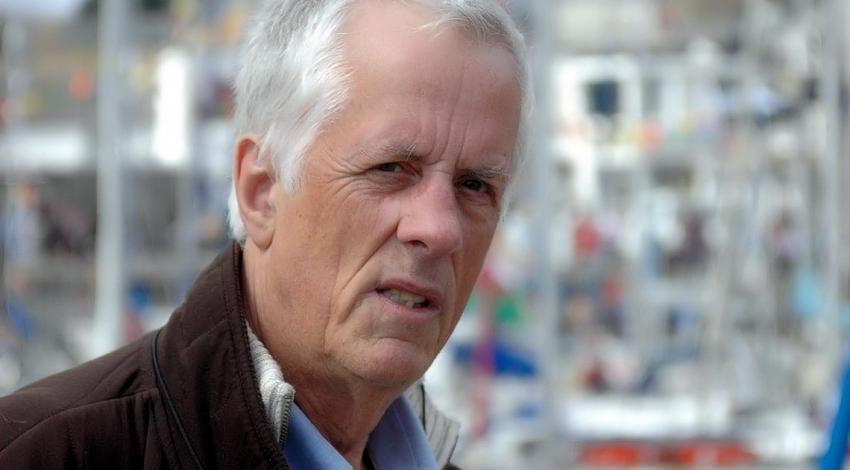


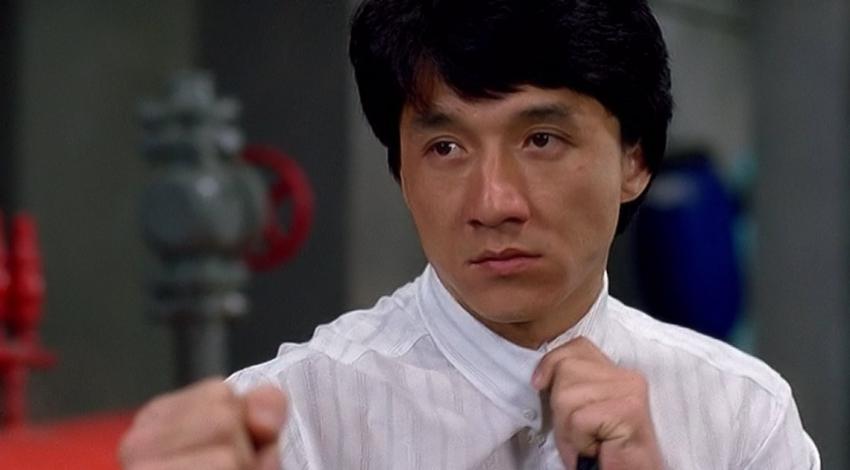









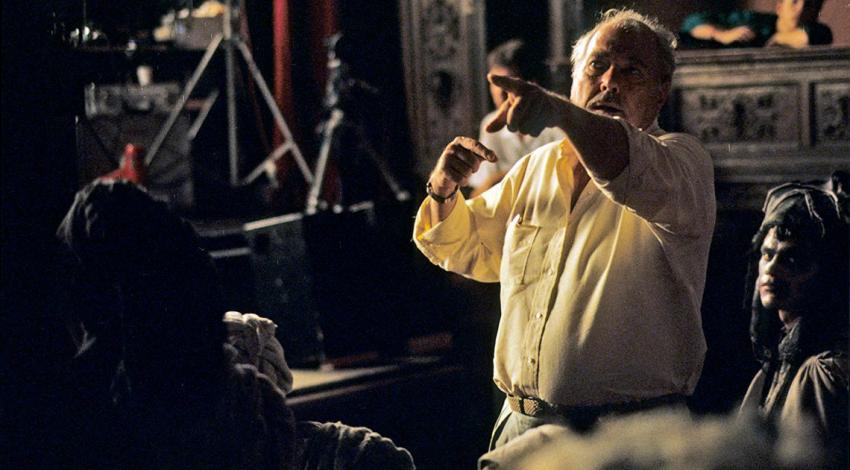
















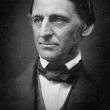





















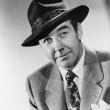


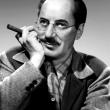













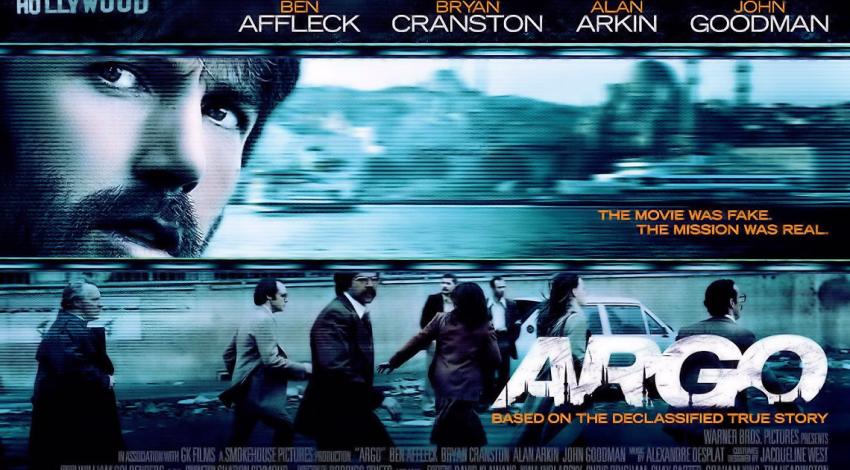
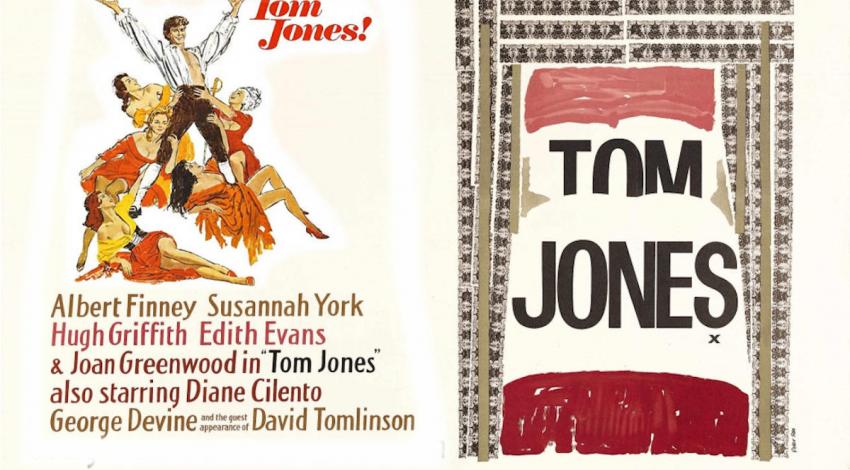
![Peter Riegert | "The Good Wife" (2012) [a] Peter Riegert | "The Good Wife" (2012) [a]](/sites/default/files/styles/large/public/2018-05/Peter_Riegert-The_Good_Wife-%282009%29-David_M_Russell-%C2%A9_2012_CBS_Broadcasting.jpg?itok=xw4WWRG_)



